Understanding the Risks to Grill Smarter
🔥 Fire-based cooking isn’t without consequences. This quick-reference guide helps you understand the toxins produced during BBQ and how to avoid them — without sacrificing flavor.
1. The main toxins generated by fire cooking
When cooking at high temperatures — especially on a barbecue — several toxic compounds are created. The most well-known include:
- PAHs (Polycyclic Aromatic Hydrocarbons): produced when fat drips onto coals and burns.
- HCAs (Heterocyclic Amines): created through the reaction of amino acids, sugars, and intense heat — especially on blackened surfaces.
- Carbon monoxide (CO): released through incomplete combustion, particularly in closed or poorly ventilated systems (like some kamados).
- N-Nitrosamines: formed when nitrite-cured products (ham, hot dogs, processed sausages, deli meats) are cooked at high temperatures.
- Acrolein, benzene, formaldehyde: irritating volatile compounds found in greasy or poorly burned smoke.
2. What increases their formation
✅ Contributing factors:
- Direct grilling above 250 °C / 480 °F
- Animal fats dripping onto the heat source, vaporizing and rising back onto the meat
- Food in prolonged contact with burning-hot grates (black grill marks)
- Overcooked or charred meats (including “well done”!)
- Reusing poorly burned charcoal or wood
3. How to reduce the risks
Simple steps to keep the smoky flavor while minimizing toxins:
- 👨🍳 Use indirect heat (offset coals, elevated grates)
- 🍖 Pre-cook meat at low temperature before grilling (e.g., sous-vide or reverse sear)
- 🌿 Marinate with garlic, lemon, thyme, herbs — antioxidants help reduce HCA formation
- 🧼 Clean your grates regularly to prevent residue buildup
- 🚫 Don’t eat blackened or charred parts
4. Special case: reused charcoal
♻️ Reusing charcoal might seem smart, but here’s the issue:
- Partially burned pieces hold concentrated PAHs
- Combustion becomes unstable, generating more CO and soot
👉 For healthy grilling, avoid reused charcoal.
And if you think charcoal is expensive — trust me, you don’t even want to know how much cancer costs.
5. Key takeaways
- ✅ Fire isn’t the enemy. It’s excessive temperature, dripping fat, and incomplete combustion that cause trouble.
- 💡 With better control over your cooking, and just a few simple habits, you can keep grilling — and dramatically reduce the risks.

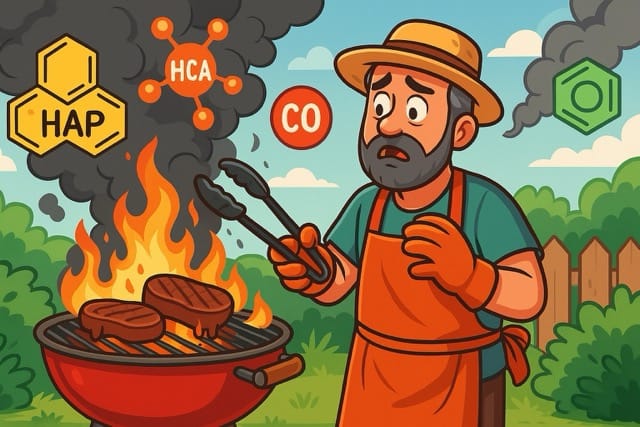
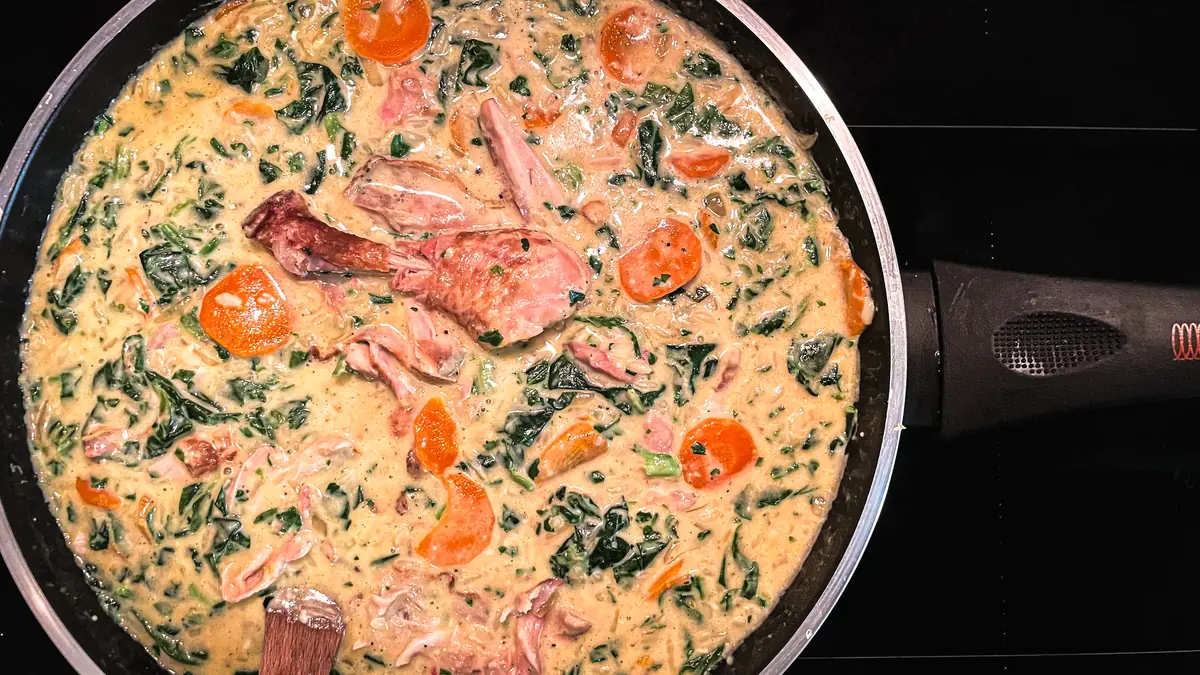
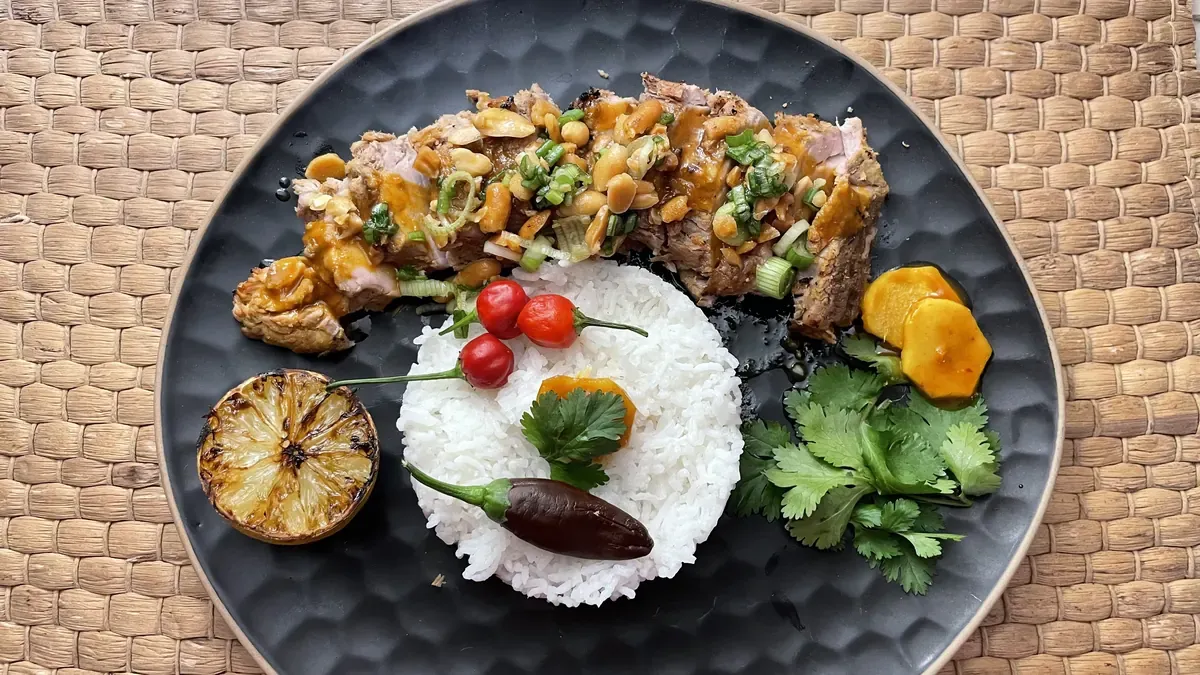
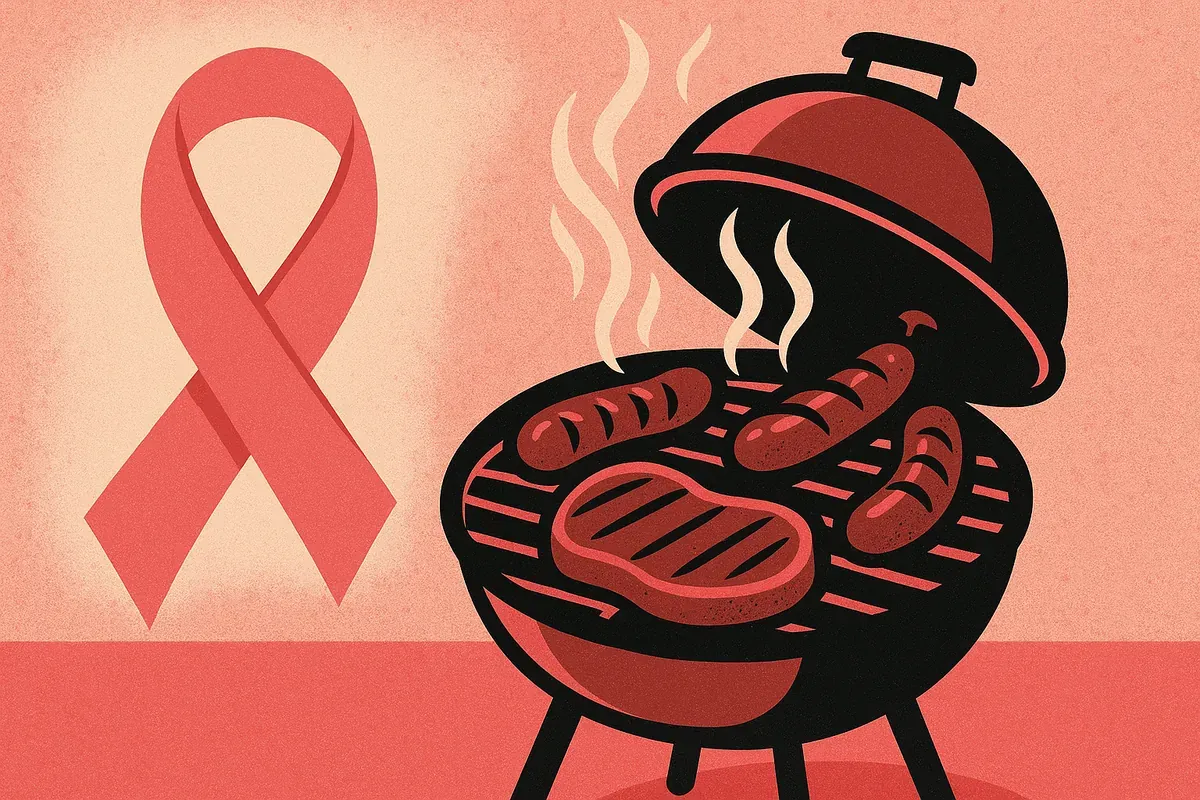
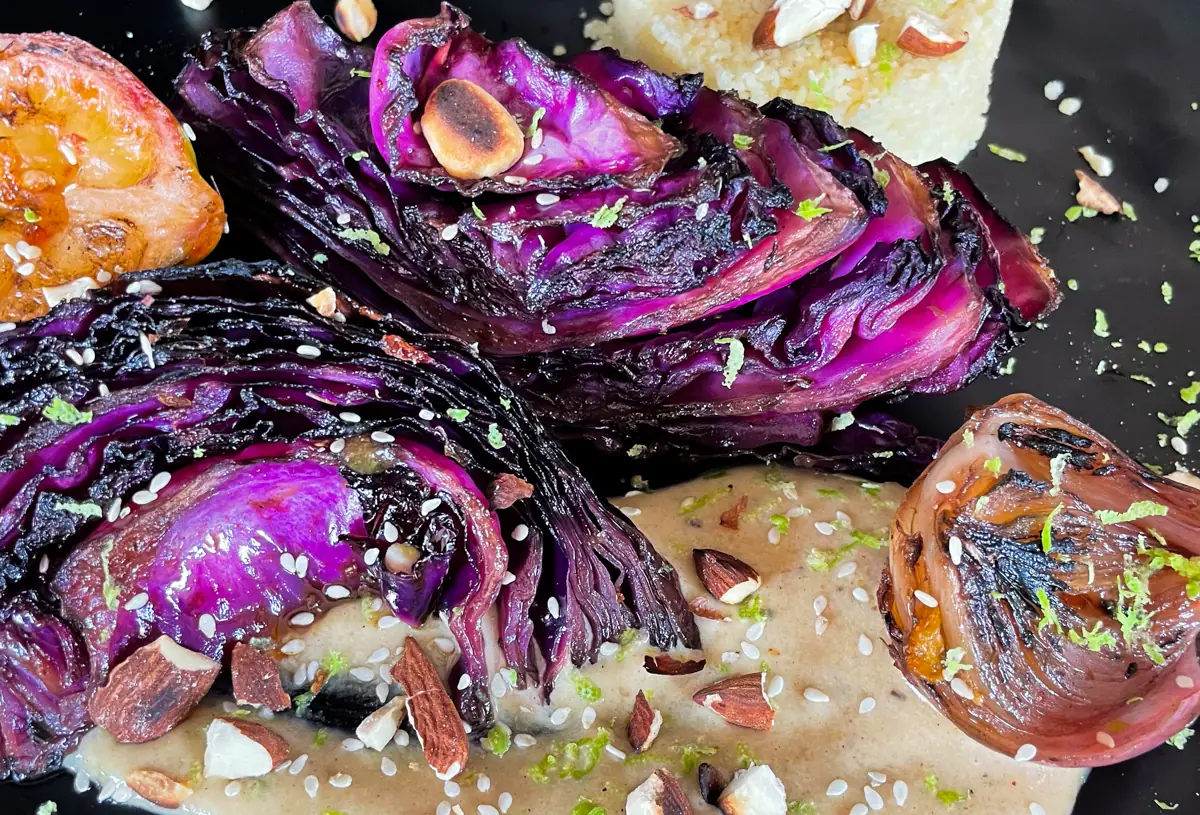
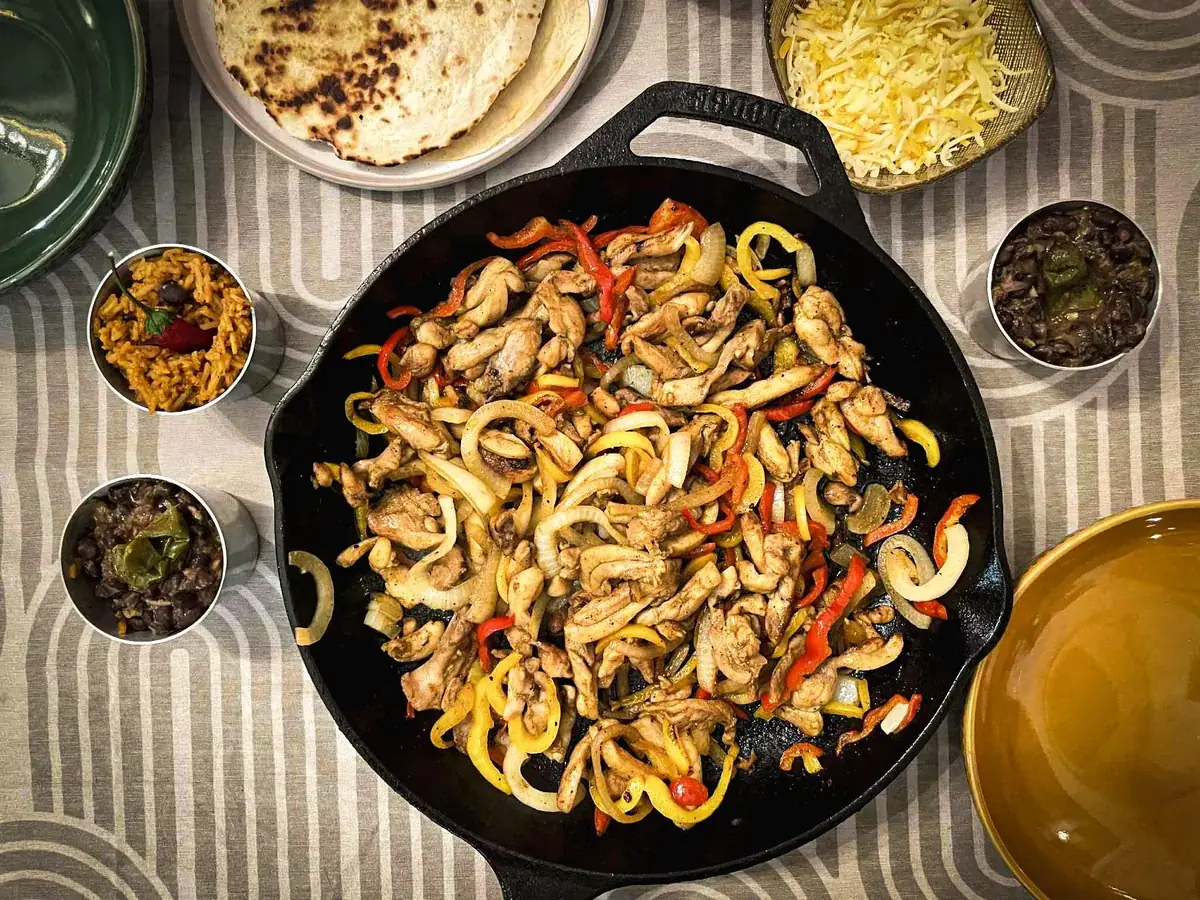
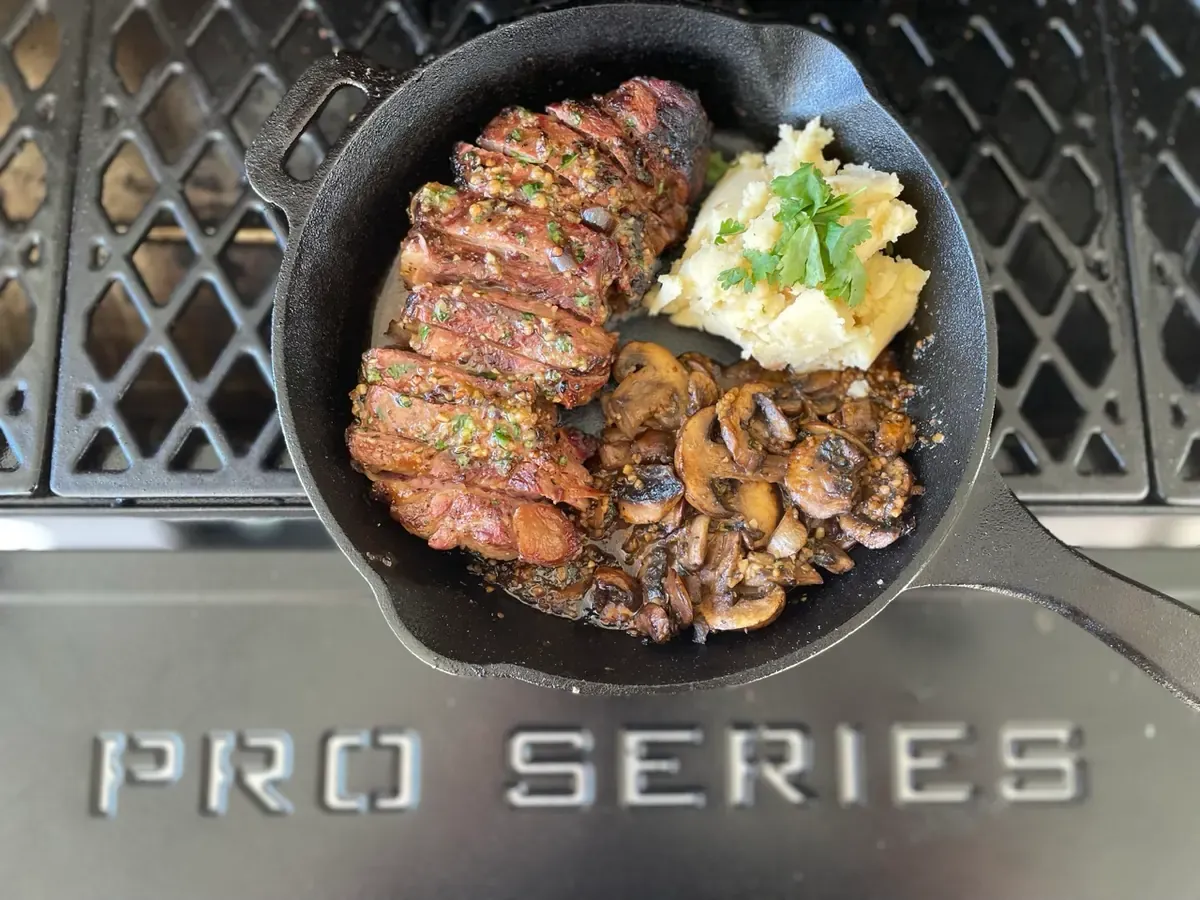
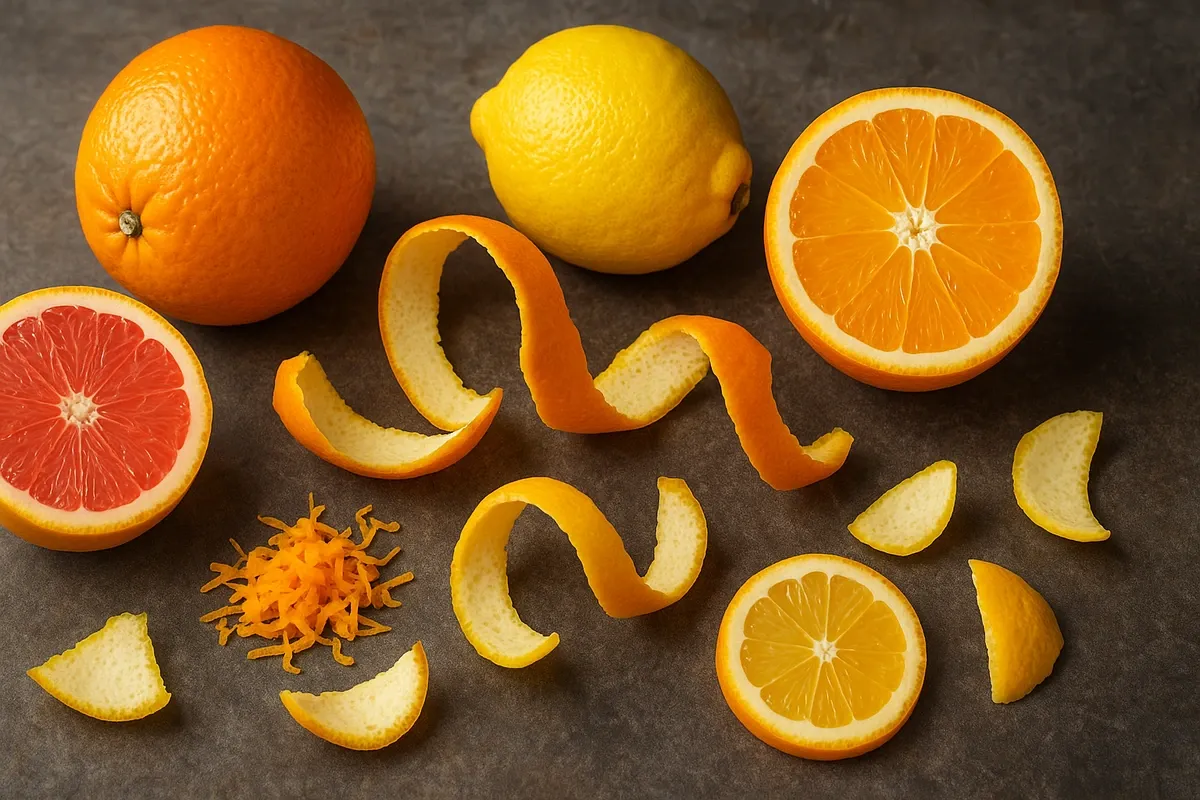
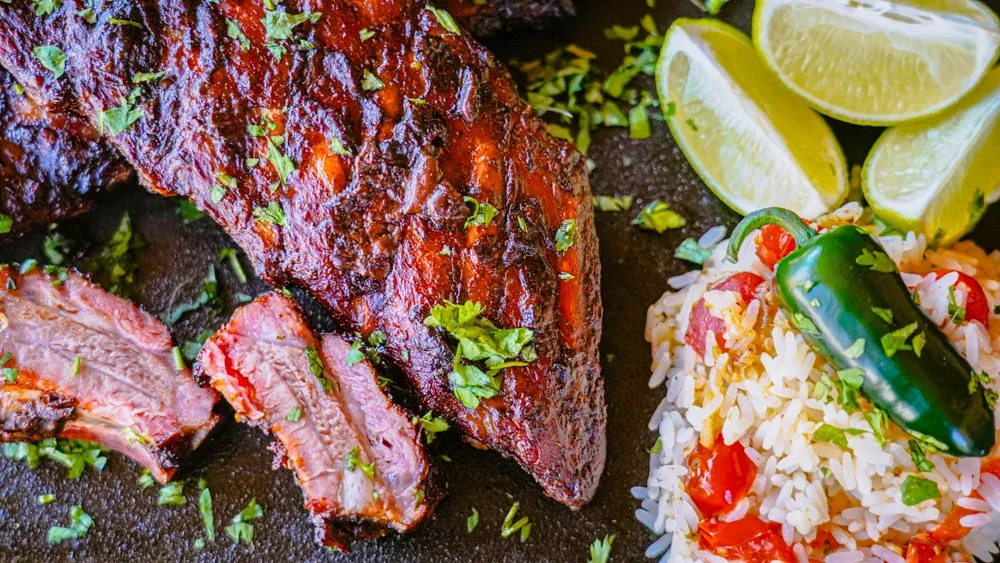
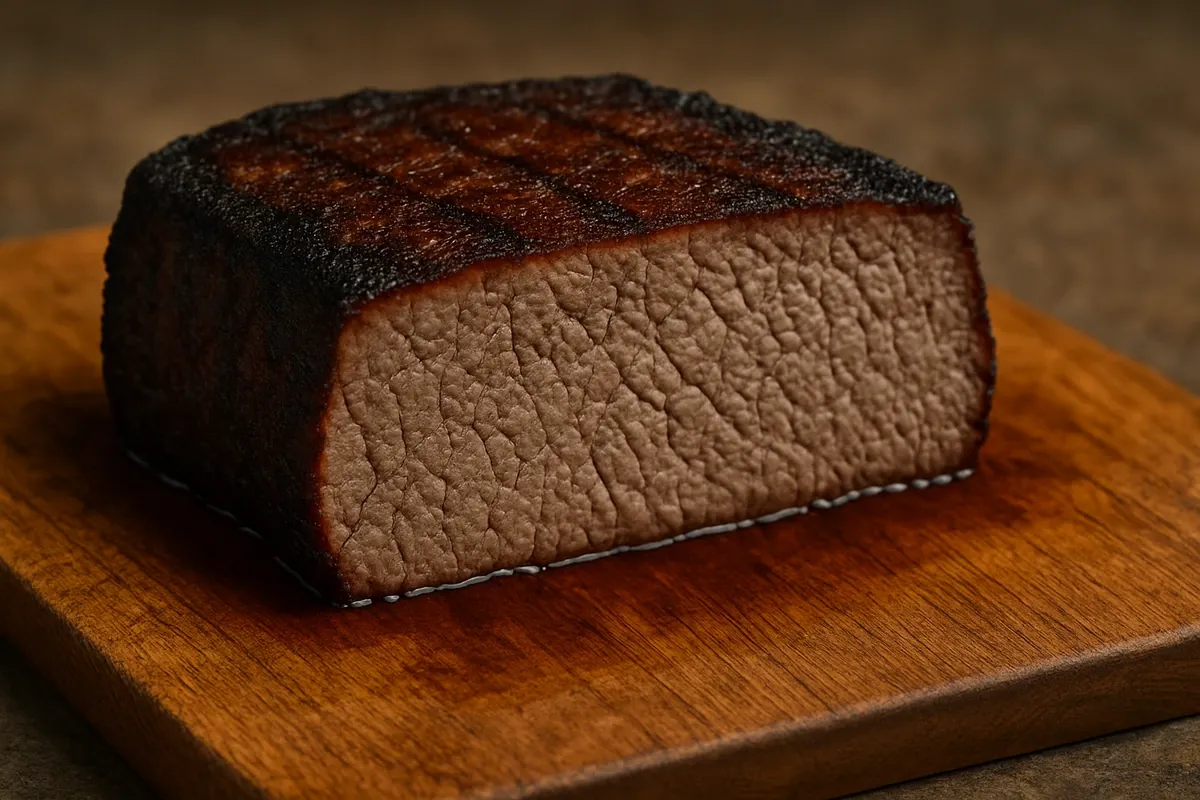
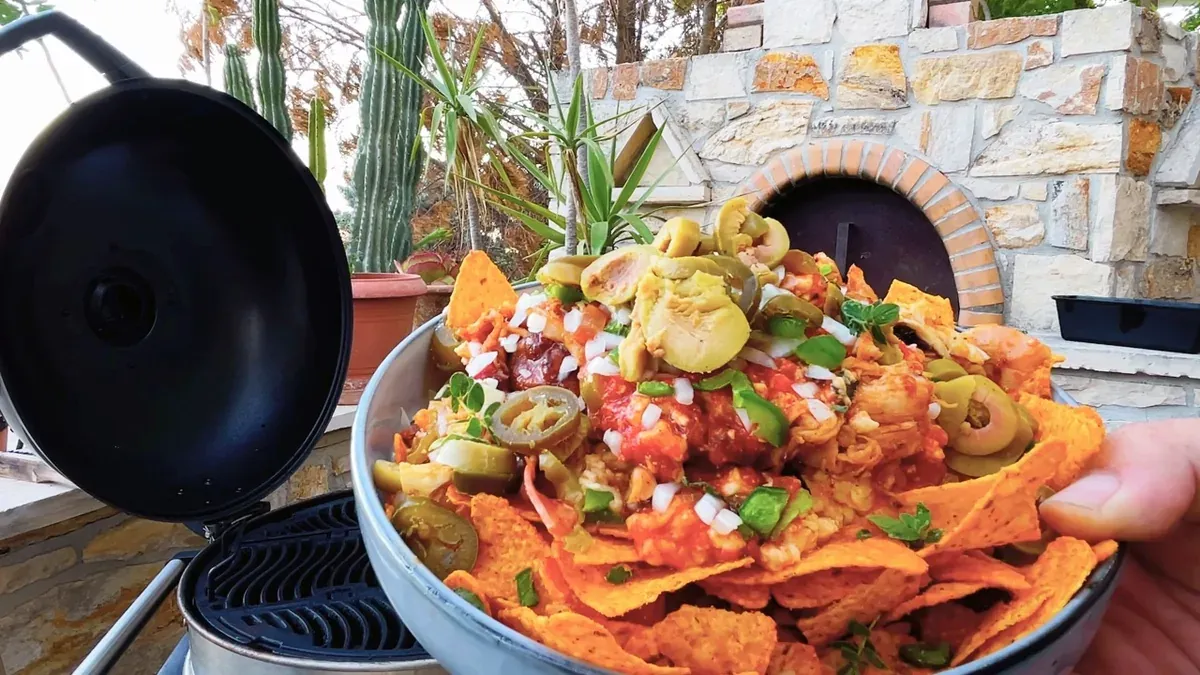
Discussion